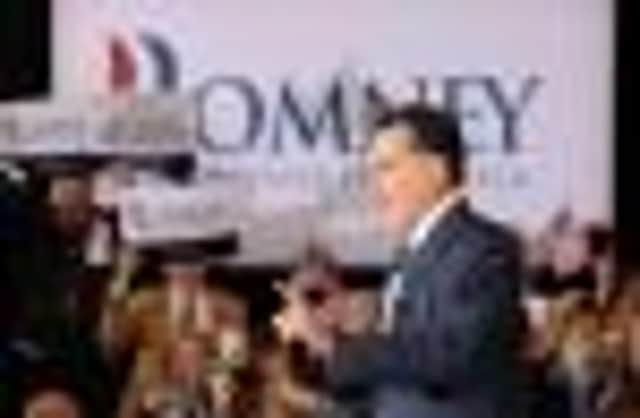Tavish Scott: Beware certainty and clarity in US politics


American victory speeches finish with, “and in thanking the good people of Ohio let us ask that God bless America”. Why does every American politician have to wear their faith on their sleeve? My new contact on American politics explained that most voters will back a politician who has a faith rather than one who has none. All this takes some getting used to as church and state in our politics are mercifully separate. Cardinals will offer views on public policy and even encourage their flock to be displeased with the government but most UK and Scottish politicians hold a strict line that their faith is personal to them and no further. May that continue.
But across the Atlantic faith is a serious business. Presidential-level politics turns religious beliefs into a basis of foreign policy. George Bush was said to have considered his faith in the decision to invade Iraq. Rick Santorum is running second to the favourite Mitt Romney in the race to be the Republican candidate. Yet he is the most extreme of the candidates still standing. His faith is central to his pitch to socially conservative America. He wants a constitutional amendment on banning same-sex marriage and is anti-abortion.
Advertisement
Hide AdAdvertisement
Hide AdSantorum would work with Israel to attack Iran’s nuclear capability. By which he means a military strike. Israel’s prime minister was in Washington this week to drum up support for such action. Benjamin Netanyahu was gently reminded by Obama that international sanctions and UN-mandated action is how to tackle this threat. But it is an election year for Obama and the Israel lobby – both its Jewish and evangelical Christian wings – has never been more influential. That means campaign money for politicians including Obama. Being robust on defending the homeland is judged to be electorally advantageous. Despite the killing of Osama Bin Laden during Obama’s term of office, he will not want to be outflanked on national security.
That is the challenge of the US presidential election for the rest of the world. Republicans who hold extreme religious beliefs cite the threats of religious fundamentalism in Iran as justification for military action. The American student was reassuring. Santorum will not win the nomination because he is too extreme. But he may force the eventual nominee that will be Mitt Romney to take a stance on Iran that could be profoundly dangerous. Romney’s weakness is his policy flip flops. To avoid that charge sticking he needs certainty and clarity on foreign policy. When it comes to international decision-making, certainty and clarity gave the world the Iraq war.
• Tavish Scott is the Liberal Democrat MSP for Shetland